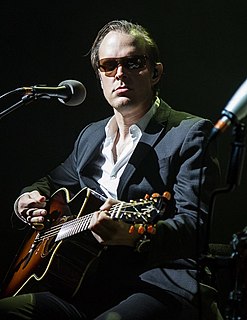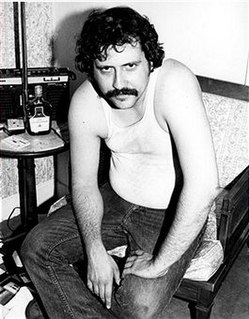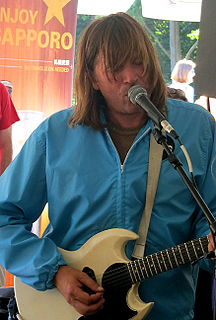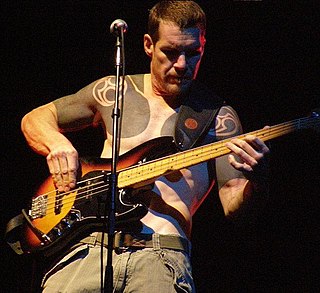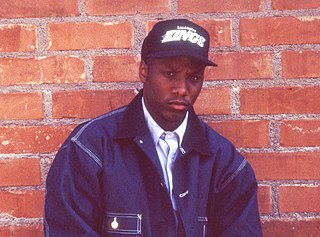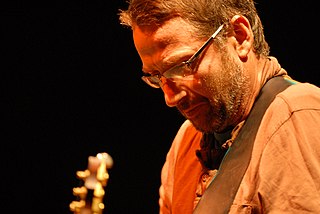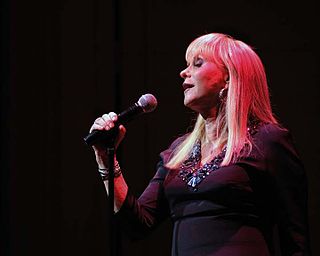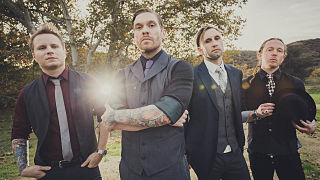A Quote by M. Shadows
When you think of rock and roll and metal, a lot of it is based around the riff. If you can sing over the riff and what the arrangements are going to be like, you have to leave space for what most people consider one of the most key essential parts, which is the vocalist.
Related Quotes
Good rock 'n' roll is something that makes you feel alive. It's something that's human, and I think that most music today isn't. ... To me good rock 'n' roll also encompasses other things, like Hank Williams and Charlie Mingus and a lot of things that aren't strictly defined as rock 'n' roll. Rock 'n' roll is an attitude, it's not a musical form of a strict sort. It's a way of doing things, of approaching things. Writing can be rock 'n' roll, or a movie can be rock 'n' roll. It's a way of living your life.
Most of the time I sit down with my guitar or at the piano, and I play for awhile until I get a new riff or groove that I like a lot. Then I'll concentrate on building around that line of thought by adding words and textures. At first I'm only trying to please myself, and hopefully what I like will appeal to others.
I don't play a lot of instruments so when it comes to the song writing process I don't have a lot to do with that. A lot of times it's just acoustic guitar and a small riff that produces a song. Ultimately you want to write a song that people are going to enjoy and that you love to play, most importantly you have to write it for yourself first.
Many people think of me as just a riff guitarist, but I think of myself in broader terms. As a musician I think my greatest achievement has been to create unexpected melodies and harmonies within a rock and roll framework. And as a producer I would like to be remembered as someone who was able to sustain a band of unquestionable individual talent, and push it to the forefront during its working career. I think I really captured the best of our output, growth, change and maturity on tape - the multifaceted gem that is Led Zeppelin.

